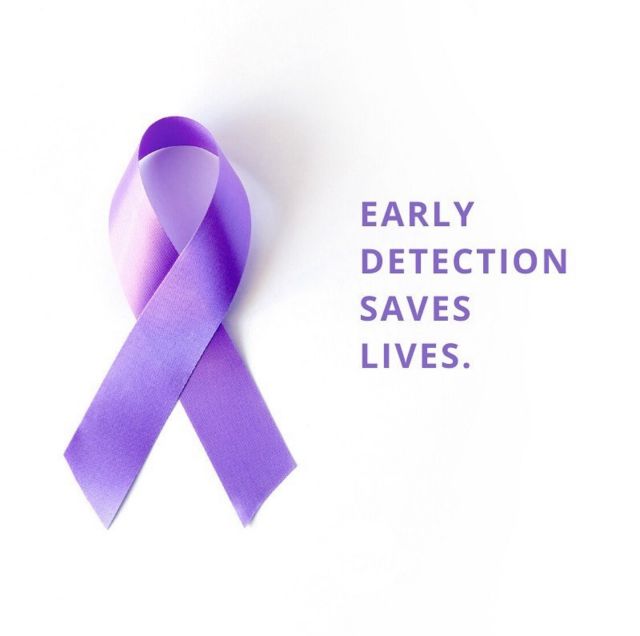Pancreatic cancer, which is characterized by its aggressive nature and often late-stage diagnosis, poses a significant problem in the field of oncology. Researchers continue to research the complexities of this cancer, while also asking questions about its etiology as well as genetic predispositions. They also inquire about prevention strategies as well as the help the pancreatic cancer foundations provide.

Is Pancreatic Cancer Genetic?
One of the most frequent questions about pancreatic cancer is its genetic component. The majority of pancreatic tumors are believed to develop sporadically and have no obvious hereditary reasons however a subset has been linked to genetic mutations. Certain genetic syndromes, such as hereditary pancreatitis Lynch syndrome, and familial atypical multiple mole Melanoma (FAMMM) syndrome, are associated with an increased probability of developing pancreatic carcinoma. For familial pancreatic cancer there are mutations in genes BRCA1, BRCA2, PALB2, ATM and BRCA2. Understanding the genetic causes of pancreatic tumors not only sheds some light on their cause, it also helps to help in the development of screening and assessment strategies.
Pancreatic Cancer: Prevention and Treatment
In light of the often grim outlook associated with pancreatic carcinoma, it is important to take steps to avoid the onset. While certain factors that increase the risk of developing cancer, such as age, gender, race, and the history of family members, are not within one’s control but there are some lifestyle changes that can help mitigate risk. The reduction of pancreatic tumor risk is a result of quitting smoking, maintaining a healthy body weight, limiting alcohol intake, as well as consuming a diet rich in vegetables, fruits, and whole grain. Additionally, people who have relatives with a with a history of pancreatic carcinoma or known genetic predispositions could benefit by genetic counseling and testing to evaluate their risk and assist in determining preventive measures. Pancreatic Cancer can be prevented and outcomes improved by addressing the risk of modifiable and ensuring early detection surveillance of the high-risk population. For more information, click Prevent pancreatic cancer
Pancreatic Cancer: Causes and Treatment
Knowing the primary factors that cause pancreatic cancer is pivotal in devising efficient prevention and treatment strategies. Although the precise mechanisms behind pancreatic carcinogenesis remain unclear, several risk factors have been recognized. Smoking cigarettes is one of the major risk factors associated with pancreatic cancer, accounting approximately 20-30%. A condition known as chronic pancreatitis characterized by inflammation in the pancreas has been recognized as a possible precursor to pancreatic tumors. Additionally overweight, diabetes, as well as certain dietary triggers, such as red and processed meats are linked to an increased risk of developing pancreatic cancer. By addressing these key risk factors and taking specific preventive measures, burden of pancreatic cancer could be decreased.
Pancreatic Cancer Charity Beacon of Support
It’s impossible to understate the importance of pancreatic cancer charities given the numerous challenges pancreatic tumors bring. They offer support in advocacy, education, and research funding to healthcare professionals, patients and their caregivers. Pancreatic cancer charities provide variety of services including financial assistance and support groups. They also provide details and resources for clinical trials. These charities play an important part in promoting awareness of pancreatic cancer as well as encouraging the early detection of. They encourage more funding for research and better treatment for patients. Pancreatic cancer organizations aim to have a profound impact on the fight against this cancer by encouraging collaboration and engagement in the community.
Finding the Landscape of Pancreatic Cancer
Pancreatic Cancer Charity provides assistance services and a complete understanding of genetics. While genetic factors contribute to a subset of cases, efforts for preventing pancreatic cancer are focused on risk factors that can be modified and early detection in high-risk individuals. By tackling the primary reasons for pancreatic cancer and using the resources provided by pancreatic cancer charity organizations, strides can be made towards improving outcomes and eventually reducing the burden of this condition. With the progress in research and the increase in awareness, we could expect an improvement in the lives of patients fighting pancreatic cancer.